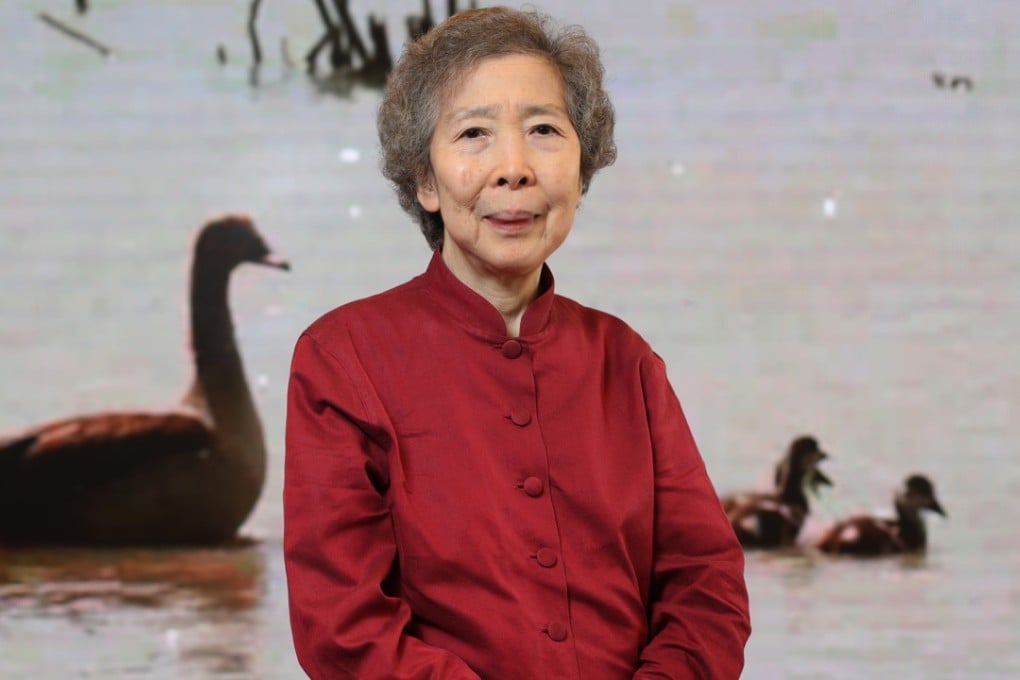Exclusive | Deng Xiaoping asked ‘Can he make croissants?’: how Maxim’s Hong Kong founder became China’s first airline catering service
- Hong Kong’s largest catering group splashed out HK$5 million in 1979 despite no paper agreement with mainland partners to seal deal based only on trust and the belief China was opening up

Annie Wu Suk-ching remembers vividly what she saw in the Jinjiang Hotel in Chengdu, capital of Sichuan Province, during an investment tour in 1978.
“The hotel workers cleaned the carpets with wet mops because they didn’t have vacuum cleaners,” she said. “I learned first-hand about China’s planned economy and realised mainlanders had to find their way out.”
She was with 11 Hong Kong businesspeople visiting Chengdu, Chongqing and Wuhan at the invitation of the Hong Kong branch of the Xinhua News Agency, which served as Beijing’s de facto embassy in Hong Kong during British rule.
The 14-day tour ended on December 23, 1978, a day after the third plenum session of the 11th Party Central Committee ended.
Wu’s delegation was on a train from Wuhan to Guangzhou, when the loudspeaker began playing a radio address from China’s paramount leader Deng Xiaoping.
The Cantonese-speaking Hongkongers needed the Xinhua representative to translate what he was saying in Mandarin.

Deng said China was embarking on the path of reform and opening up to the outside world, and Beijing would welcome foreign investment, including from Hong Kong, Macau and Taiwan.